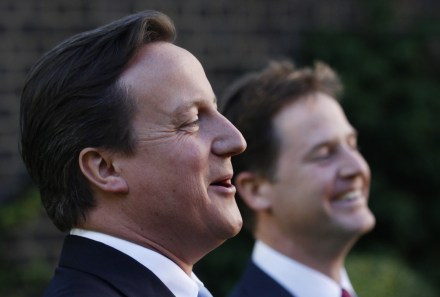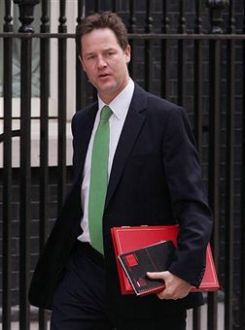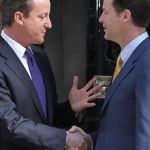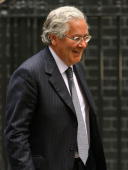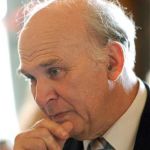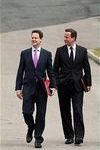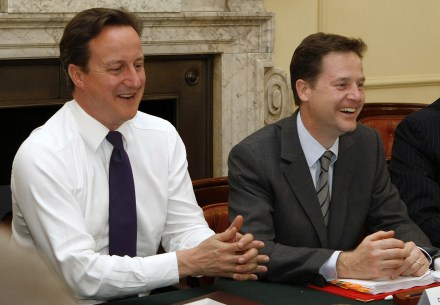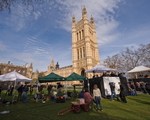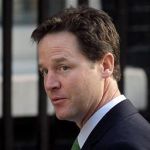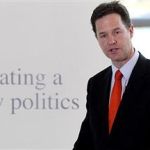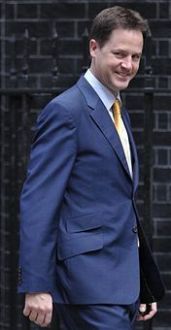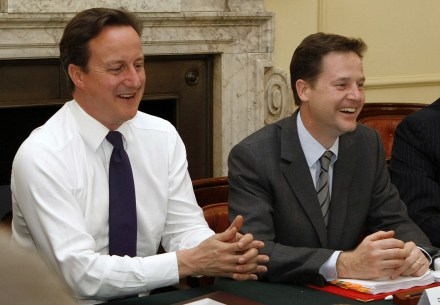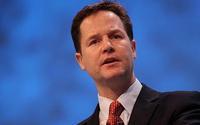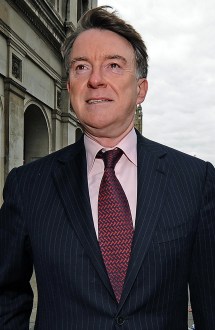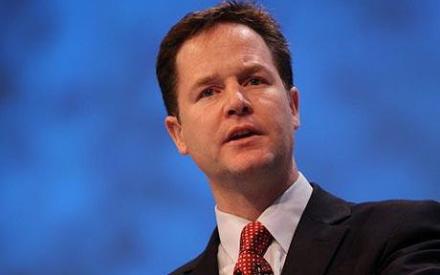A postcard from Dave and Nick
Here’s a slightly curious one: David Cameron and Nick Clegg have written a public letter to their ministers, reminding them that, “deficit reduction and continuing to ensure economic recovery is the most urgent issue facing Britain,” and that, “the purpose of our government … [is] … putting power in the hands of communities and individuals and equipping Britain for long-term success.” If you wanted to read into it, then you could say that the emphasis on the “long-term” throughout the letter is a warning to any disgruntled sorts: policies for the long-term require time to implement, so the coalition has to be built to last, etc. etc. But, of course,
